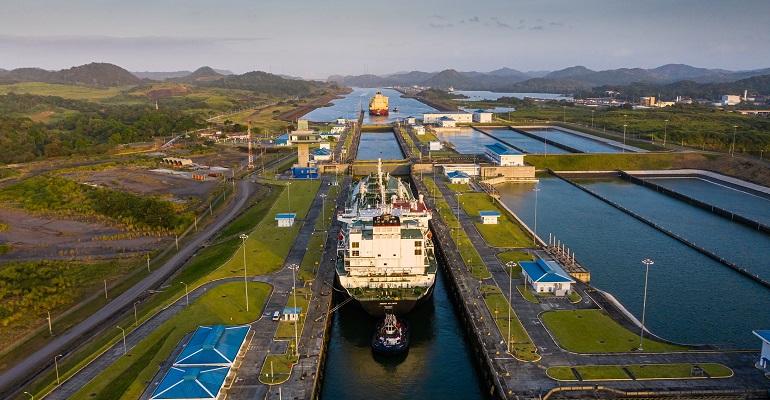The disruption charge will apply to vessels causing disruptions to the normal transit schedule of the canal. The new tariff for vessels involved in an incident that causes will be charged in addition to the regular transit fees based on vessel size, type, and cargo.
According to the ACP, the disruption charge will be assessed on a case-by-case basis, considering the impact of the disruption on canal operations and the duration of the delay. The charges will be calculated based on a fixed rate per tonne of cargo or vessel displacement and capped at a maximum amount.
The disruption charge is part of a larger effort to ensure the efficiency and reliability of Canal operations, which is a critical link in global trade connectivity as the link between the Atlantic and Pacific oceans, handling more than 14,000 transits annually.
The implementation of the disruption charge has been met with mixed reactions from industry stakeholders. Some have welcomed the new tariff item to encourage vessel operators to take greater care in their operations and mitigate the impact of unforeseen events. However, others have expressed concern that the charges may unfairly penalise vessel operators for circumstances beyond their control.
It is understood that types of incidents that could trigger a disruption charge would potentially include navigational errors leading to a collision, or similar incident, or a mechanical issue that could have been avoided with proper maintenance to the vessels.
In response to these concerns, the ACP has emphasised that the disruption charge are intended to be a fair and transparent means of addressing the impact of disruptions on canal operations. The ACP has also noted that it will work closely with vessel operators to minimise disruptions’ impact and ensure that they are handled promptly and efficiently.
Accordingly, the ACP is confident that the disruption charge will help ensure this critical shipping route’s long-term viability and sustainability.
The impact disruption of a key waterway like the Panama Canal can have on global shipping and supply chains gained global attention in March 2021 when the 20,000 teu containership Ever Given became stuck in the Suez Canal for six days causing a back-up of hundreds of vessels.
Copyright © 2024. All rights reserved. Seatrade, a trading name of Informa Markets (UK) Limited.
Add Seatrade Maritime News to your Google News feed.  |

